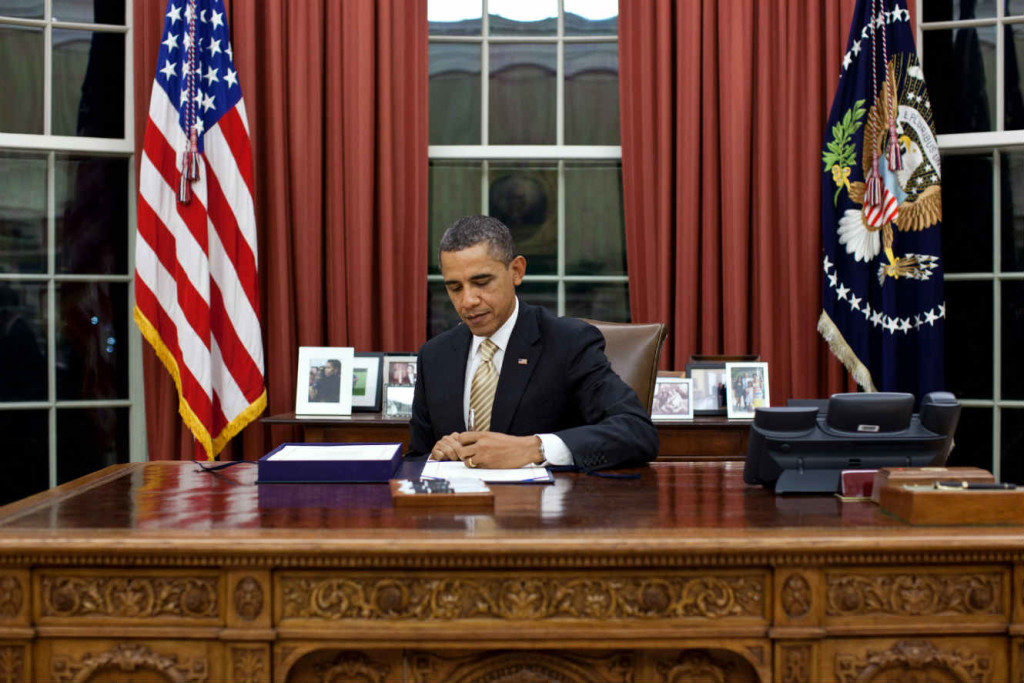Obama’s Defense Bill Veto Sends a Necessary Message

Critics of President Obama’s veto of the National Defense Authorization Act (NDAA) for fiscal year 2016 seem to view it as an extraordinary, even apocalyptic, event. Here at War on the Rocks, Justin Johnson says the veto sends “a strong and worrisome message” and is “historic – in a bad way.” I disagree. It sends a necessary message of “don’t play budget games with national security.
The chairmen of the armed services committees, Sen. John McCain and Cong. Mac Thornberry, exclaimed:
President Obama’s veto of the National Defense Authorization Act is not only unprecedented, but it is reckless, cynical and downright dangerous. Never before has an American President used the bill that provides pay and support to our troops and their families as political leverage for his domestic agenda.
Not exactly. It’s not unprecedented, as a recent CRS report documents. Four times in the 53-year history of defense authorization bills, the president has used his veto pen. On two other occasions, the military construction bill, now included in the NDAA, was vetoed.
And then what happened? As the CRS report explains:
In each of those six cases, after the veto of an initial bill, Congress passed—and the President signed into law—a new bill, essentially identical to the vetoed legislation except for the elimination of provisions to which the President had objected.
People can disagree whether any veto is “reckless” or “cynical.” But it certainly wasn’t “unprecedented” and it wouldn’t be in the slightest “dangerous” if Congress quickly passes a version without the offending paragraphs dealing with detainees at Guantanamo and authorizing extra spending in the Overseas Contingency Operations (OCO) accounts. McCain and Thornberry claim that the veto was done for domestic purposes. In fact, it was done to help both defense and domestic spending escape the budget caps and sequester threats required by current law.
The vetoed NDAA has a text of 581 pages and an explanatory conference report of 1,090 pages. As I read it, only a dozen pages relate to detainees at Guantanamo and to authorization of funds for Overseas Contingency Operations – the two specific items mentioned in the president’s veto message. Obama also complained that the bill “fails to adopt many essential defense reforms,” but that’s always the case when Congress makes its own judgments on presidential proposals.
There’s a lot of good in the 569 or so pages not challenged by the president. The armed services committees have an extraordinary record of accomplishment by getting a major bill enacted every year since 1961. They should maintain that record by passing a revised bill as soon as the dust settles.
Charles A. Stevenson teaches at SAIS and is the author of Congress at War and Warriors and Politicians.
Image: White House
